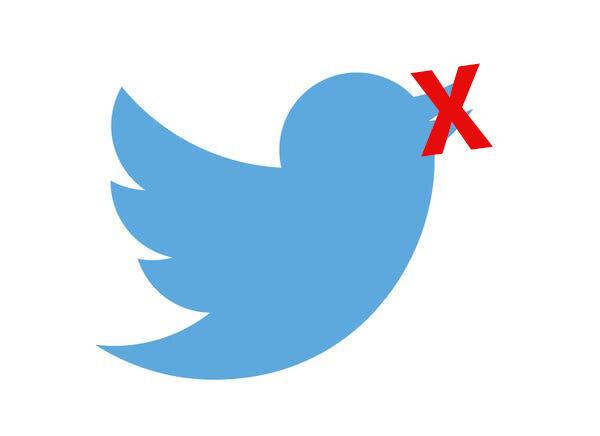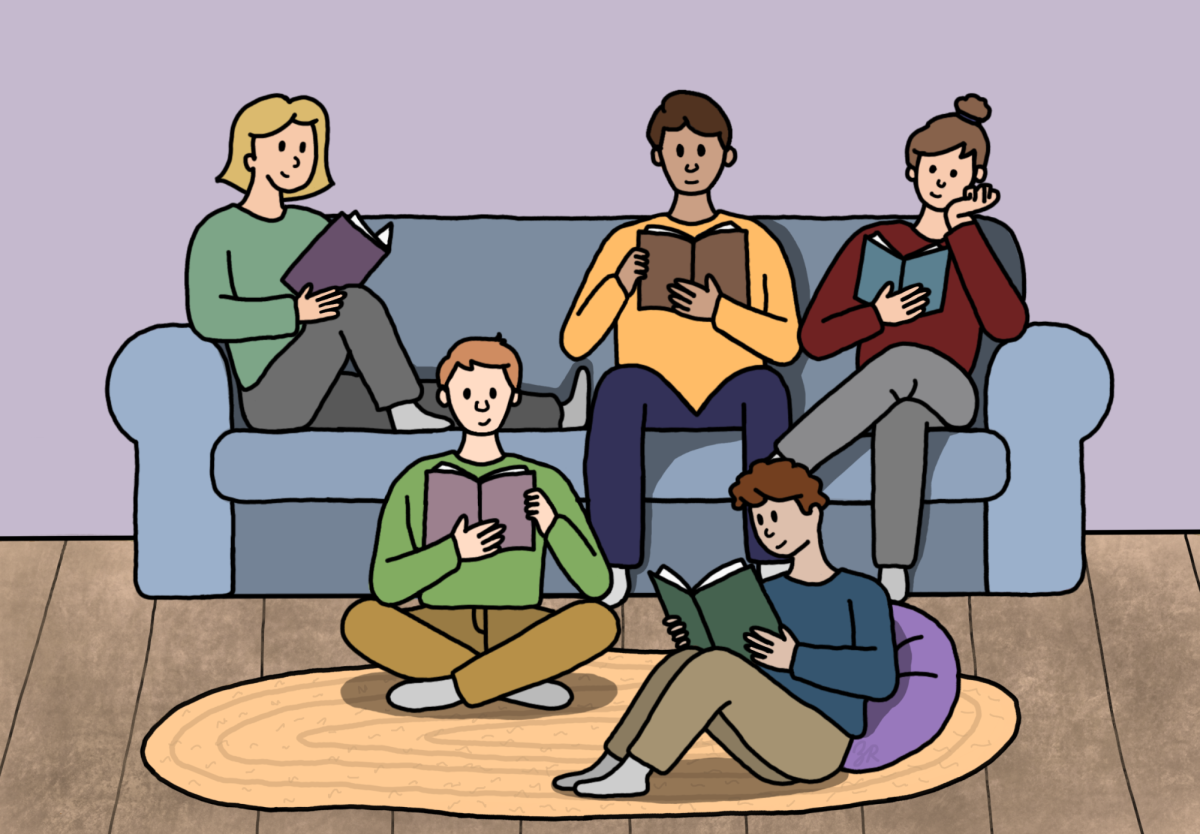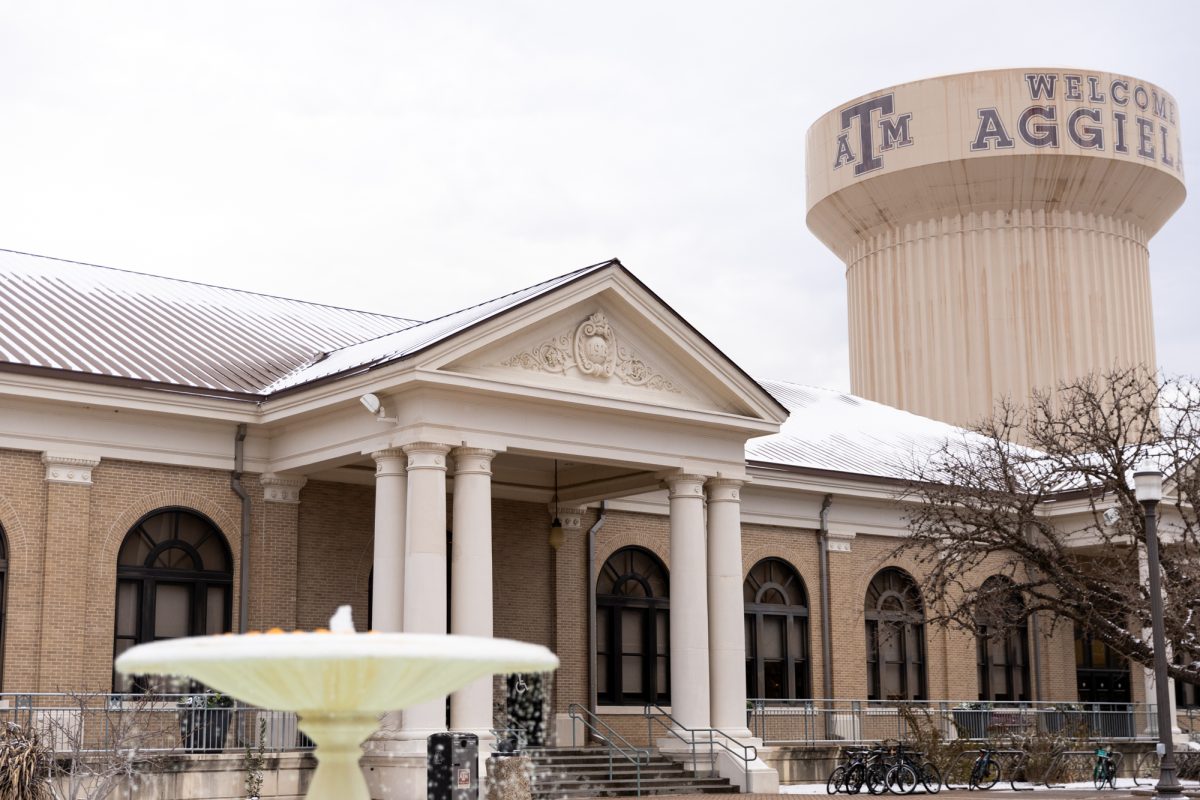Since the massive riot at the Capitol Building, many Big Tech companies such as Twitter and Facebook have used the insurrection as an excuse to deplatform many Trump supporters, including President Donald Trump himself. What makes this situation so unique is multiple companies banned a wide array of people, claiming they were linked to QAnon.
Now, it is worth noting that some of the people who were banned were tweeting some troubling rhetoric, such as the QAnon conspiracies. However, it is difficult to believe that all 70,000 people Twitter banned were touting this kind of language specifically. Moreover, it brings up the interesting question of whether people who believe in troubling ideas should be banned from mainstream social media platforms.
Throughout the recent years of social media, it seems the policy of companies like Twitter and YouTube is to ban any voice that spins a narrative they believe would incite violence or spread misinformation. These companies will ban accounts that show excessive violence, such as those linked to ISIS or other terrorist groups.
It would appear the banning of accounts that show extreme violence is not controversial at all. Rather, the issue of controversy arises from accounts that Big Tech companies ban because they believe the accounts could incite violence or spread misinformation. These two things are in the Twitter terms of service, along with numerous other things you can get banned for.
If we observe the facts in this situation it becomes clear these people should not be banned from the public discourse on social media. As a strong advocate for the First Amendment, I believe people should have the right to say whatever they please as long as they are not actively causing harm to others with their speech. Some would claim Trump actively incited violence at the Capitol Building, but it would be hard to make and win a legal case against Trump for incitement of violence.
Other than the First Amendment, there are numerous reasons why banning people who support conspiracy theories like QAnon is bad. Firstly, by banning them from platforms like Twitter, we are pushing them into the dark corners of the internet. There, they will only encounter like-minded people who will do nothing to challenge their beliefs in any meaningful way. Instead, if we kept these people on Twitter, the more rational folks on the right and left of the political spectrum can educate them on the true facts and show them their beliefs are not founded in reality.
Another reason we should not ban these people is that many right-wingers do not trust companies like Facebook to ban both sides of the political spectrum equally. The issue of bias in these companies has even forced Twitter CEO Jack Dorsey to address certain claims of bias. Because of the highly publicized nature of this issue, many of the bans on conservatives are viewed as biased. Even if you do not believe in bias against conservatives, if we simply leave people like Alex Jones and Milo Yiannopoulos on Twitter and let them state their opinions, then we can have educated arguments with them and expose any of their beliefs not founded in fact. Political discussion like this would show everyone that some beliefs are simply not founded in facts and reason, leading them to realize when someone is lying and spreading false information. Also, this process of political debate would be a much better system than simply accepting Twitter or Facebook’s word.
Fortunately, there is one step the government can take to remedy the situation. It is true these Big Tech companies are private entities and can kick whomever they want off of their platforms for whatever reason. However, the platforms these companies oversee are much like the modern-day town square — a place where you and I are able to speak freely. Many Republican politicians have crafted an idea to repeal Section 230 of the Communications Decency Act. Simply put, this repeal would make the Big Tech companies liable for speech on their platforms, giving people who are kicked off of the platform the ability to sue these companies. Repealing Section 230 is much more complicated than it sounds though, and it would take a lot of work to get the right people on board with it. While many conservatives view this action as a last resort, it may be the only way to ensure freedom of speech on the internet.
Bryce Robinson is a business administration sophomore and opinion writer for The Battalion.
Editor’s Note: A previous version of this story incorrectly stated that the repeal of Section 230 of the Communications Decency Act would mean that Big Tech companies would not be held liable for speech on their platforms. The Battalion regrets this error.










